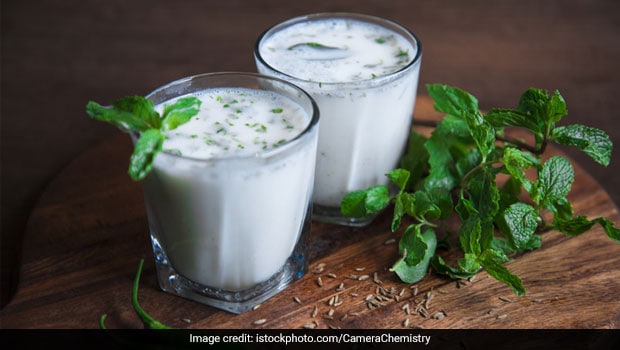How To Have Ragi In Summer? Check These Amazing Recipes
As we celebrate 2023 as the ‘International Year Of Millets’, we are paying attention to the long-forgotten grains that our ancestors ate as a regular part of their diet. Not too long ago, whole grains like ragi, jowar and amaranth were staples but were taken over by refined grains. Processing of grains removes bran which is a great source of fibre and discards other nutrients as well. Now that these grains are making a comeback, it’s time to give them a steady position in our diet. Ragi (finger millet), also called nachni in North India, is a nutritious and versatile ingredient that can be a great addition to your summer diet. But first, let’s see why ragi is gaining so much popularity and why we should consume it.
Also Read: 7 Kinds Of Millets, Health Benefits And Uses Shared By FSSAI
What Are The Benefits Of Ragi?
1. It is an excellent source of calcium:
Ragi is considered one of the best non-dairy sources of calcium. The National Institute of Nutrition in India reveals that 100 grams of ragi contain 344 mg of calcium!
2. It provides lots of fibre:
Ragi is extremely rich in fibre which aids digestion and helps prevent tummy troubles like constipation.
3. It helps in managing diabetes:
Dr Anju Sood tells us that “Ragi flour has a low glycaemic index and helps lower blood sugar levels by activating insulin.”
4. It can be a part of your weight loss diet:
Since ragi is rich in fibre, it digests food easily and prevents fat accumulation. The flour itself is low in calories, which makes it a great food for your weight loss diet.
5. It is good for preventing and controlling anaemia:
Ragi provides plenty of natural iron to the body, so it is beneficial for people dealing with low haemoglobin levels.
Also Read: 7 Lesser-Known Health Benefits Of Amaranth (Rajgira) You Should Know

Ragi can be used in many preparations.
Image Credit: iStock
What Is The Best Way To Eat Ragi?
Ragi flour is incredibly versatile and can be incorporated into various recipes. It is a good idea to use it in place of other refined flour regularly. In fact, you can have ragi in summer too. Ragi possesses natural cooling properties, which regulate body temperature and provide relief from the scorching summer heat. However, Dr Anju Sood recommends, “Add ragi to your morning meal or have it for lunch to get the best nutrition and keep your system on track the whole day.”
What Can We Make From Ragi? Here’re 5 Ragi Recipes For Summer Diet:
1. Ragi Chilla
All you have to do is switch from regular besan flour to ragi flour and make the batter by mixing water. Then add spices of your choice and enjoy a softer, nuttier and healthier cheela. Click here for the recipe for Ragi Chilla.
2. Ragi Dosa
South Indian food lovers, now enjoy your favourite dosa in a healthier way. Try this recipe of ragi dosa that is made by mixing ragi flour with rice flour. Click here for the recipe for Ragi Dosa.
3. Ragi Khichdi
Looking for a light dinner after a heavy hot day? Most of you would think about khichdi. But how about adding more nutrition to it? Check this recipe for Ragi Khichdi.
4. Ragi Whole Wheat Bread
Are you one of those who like to bake their own healthy bread at home? We have a recipe that will make it even better. Click here for the recipe for Ragi Whole Wheat Bread.
5. Ragi Ambali
This refreshing South Indian drink is perfect to beat the heat in summer. Boiled ragi is mixed with buttermilk and seasoned with common spices. The garnishing of coariander leaves livens it up. Click here for the recipe for Ragi Ambali.

Ragi malt or ambali is a refreshing drink.
With its numerous health benefits and cooling properties, ragi flour offers a natural way to stay nourished and refreshed during the hot summer months.
For all the latest health News Click Here

